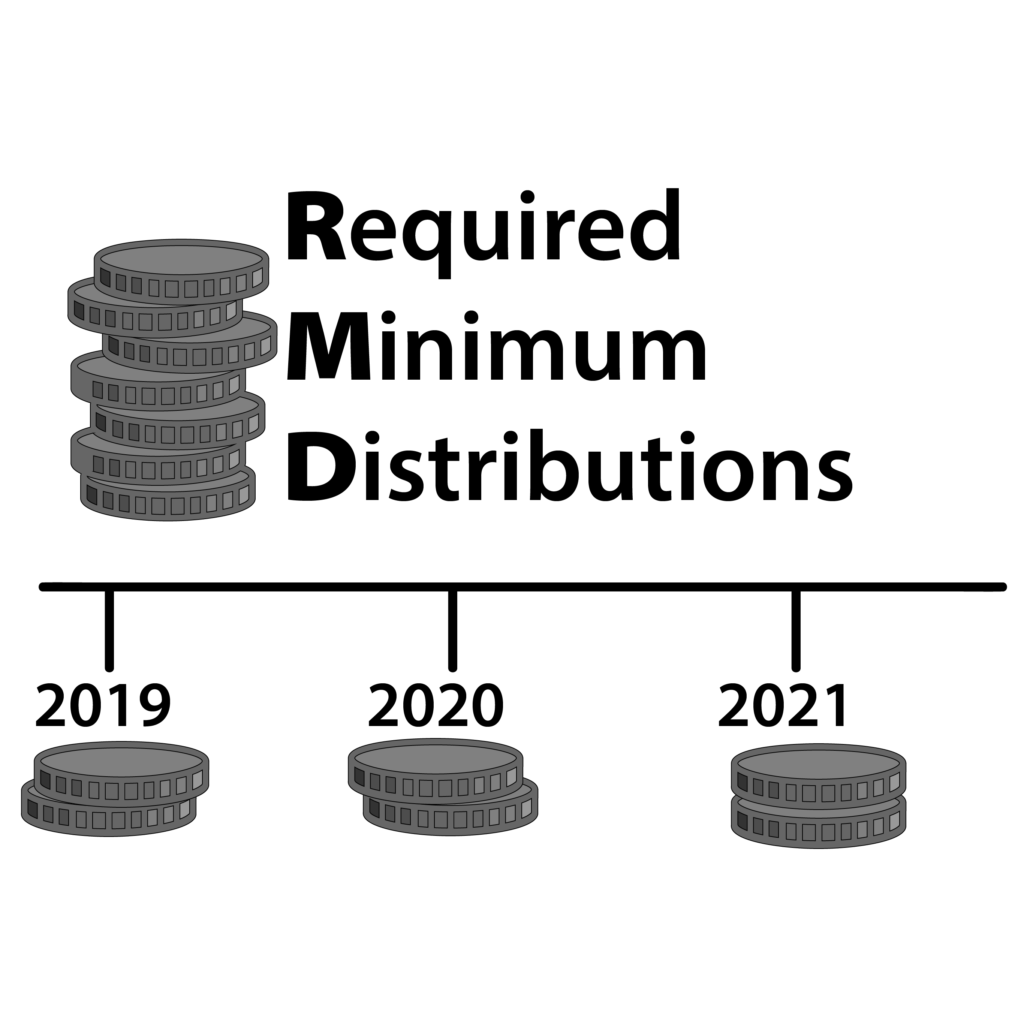
Step-up in basis at death might go away
The Sensible Taxation and Equity Promotion (STEP) Act would get rid of what’s known as the step-up in basis to tax the unrealized gains of certain estates at death.
Step-up in basis refers to the way the value of an asset is readjusted for tax purposes upon inheritance.





